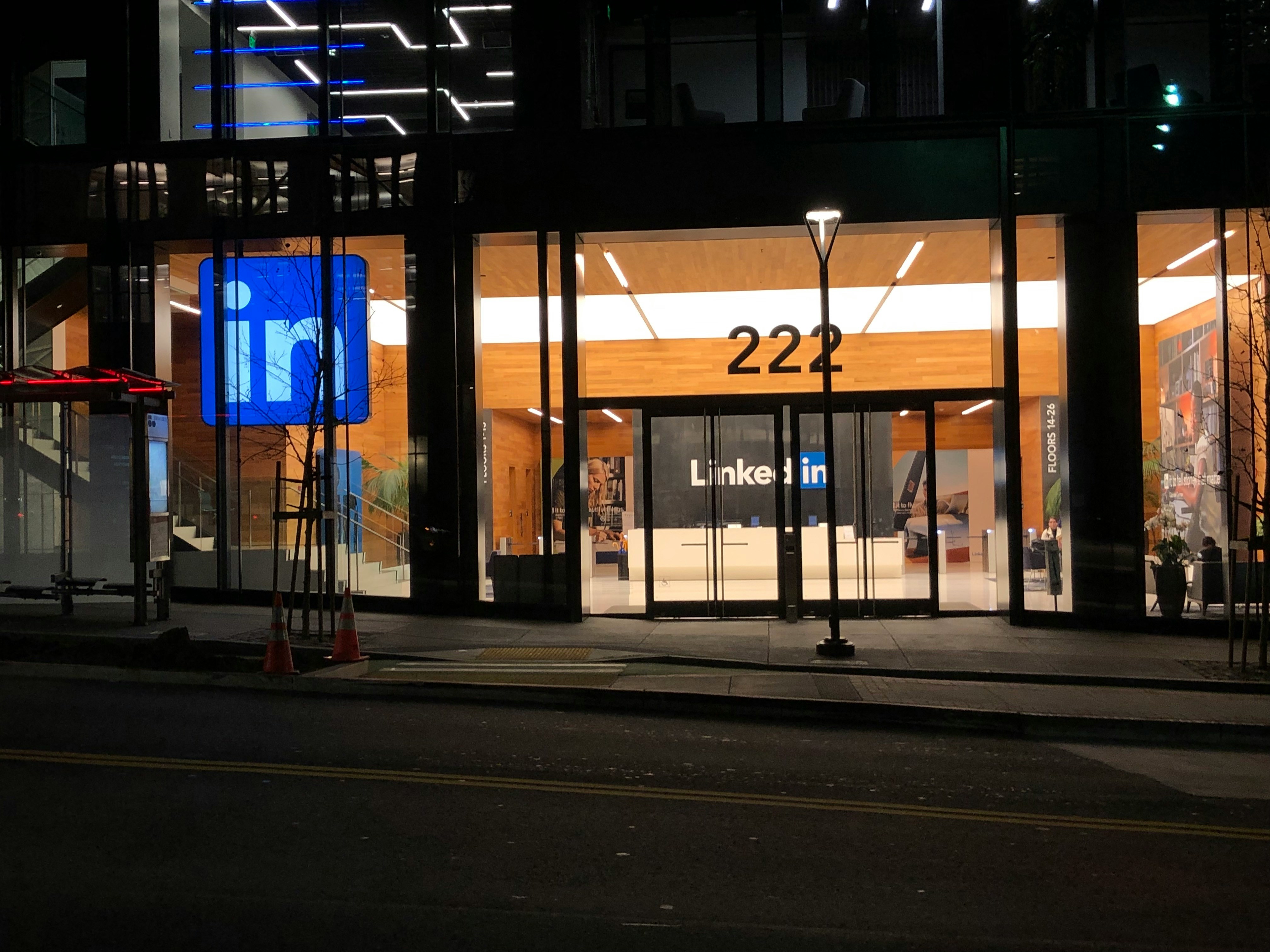
Top 10 Skills in Medical Technology According to LinkedIn & Indeed Job Postings
Medical technology—spanning medical devices, diagnostics, imaging, and digital health—is advancing rapidly. In the UK, organisations from device manufacturers to NHS trusts and biotech startups are seeking experts who can innovate, validate, and safely deploy medical technology solutions.
But which skills are in demand right now? By analysing job postings on LinkedIn and Indeed, this article identifies the Top 10 medical technology skills sought by UK employers in 2025. You’ll learn how to effectively showcase these skills on your CV, nail interviews, and build proof of capability through targeted projects.
Quick Summary: Top 10 Medical Technology Skills Employers Want in 2025
Regulatory knowledge (MDR, MHRA, ISO 13485, CE marking)
Medical device design & validation
Software in medical devices & cybersecurity
Imaging technologies (MRI, CT, ultrasound)
Biomedical instrumentation & sensors
Quality management systems & risk management (GMP, QSR)
Clinical data analysis & biostatistics
Human factors & usability engineering
Digital health platforms & interoperability (HL7, FHIR)
Communication & multidisciplinary collaboration
1) Regulatory Knowledge (MDR, MHRA, ISO 13485, CE marking)
Why it’s essential:Regulation is at the heart of medical technology. Compliance with MDR (UK Regulation), MHRA requirements, ISO 13485, CE marking, and (where applicable) FDA regulations is fundamental.
What job ads often say:“Experience with MDR and ISO 13485”, “regulatory submissions to MHRA”, “CE marking process knowledge”.
How to evidence it:
“Drafted technical documentation for CE marking submission of Class IIa device under MDR.”
“Led ISO 13485 audit preparation, resulting in zero non-conformities.”
Interview readiness:Be prepared to walk through the stages of regulatory approval—design dossier, clinical evaluation, post-market surveillance.
2) Medical Device Design & Validation
Why it matters:Design and development of medical devices require structured processes including requirements gathering, risk management, verification and validation, and design transfer.
What job ads often say:“Medical device design experience”, “verification/validation planning”, “design history file (DHF) maintenance”.
How to evidence it:
“Managed V&V testing for a Class IIb infusion pump, meeting IEC 60601 safety standards.”
“Led design control documentation for a glucose monitoring device upgrade, reducing validation time by 30%.”
Interview readiness:Expect questions on your approach to validation (bench, usability, clinical), documentation standards, and design iteration speed.
3) Software in Medical Devices & Cybersecurity
Why it’s critical:Medical devices increasingly include embedded or cloud-connected software. Ensuring software reliability, validation (IEC 62304), and cybersecurity (e.g., threat modelling, secure boot) is vital.
What job ads often say:“Experience with IEC 62304”, “medical device software development”, “cybersecurity for devices”.
How to evidence it:
“Developed embedded software with static code analysis and unit testing to satisfy IEC 62304 standards.”
“Performed threat modelling and implemented secure firmware updates with signed bootloader.”
Interview readiness:Be ready to describe your software development lifecycle, version control, risk mitigation, and security testing.
4) Imaging Technologies (MRI, CT, Ultrasound)
Why it’s specialised:Imaging modalities such as MRI, CT, ultrasound, or PET are central to both diagnostics and therapy. Employers often seek specialists familiar with image acquisition, reconstruction algorithms, and safety (e.g., MRI RF heating).
What job ads often say:“Experience with MRI/CT system development”, “imaging algorithm design”, “ultrasound transducer testing”.
How to evidence it:
“Developed MRI pulse sequence optimisation to reduce scan time by 25% with preserved image quality.”
“Built ultrasound beamforming algorithm in MATLAB, improving resolution in prototype testing.”
Interview readiness:Expect technical questions about image formation, signal processing, quality assurance in imaging, or safety compliance.
5) Biomedical Instrumentation & Sensors
Why it’s necessary:Designing and calibrating biomedical sensors—ECG electrodes, biosensors, wearable devices—requires working knowledge of analog electronics, signal conditioning, and biocompatibility.
What job ads often say:“Experience developing biomedical sensors”, “analog signal processing for physiology measurement”.
How to evidence it:
“Designed analog front-end for ECG sensor with 60 dB common-mode rejection ratio and low noise.”
“Implemented non-invasive glucose sensing using near-infrared spectroscopy with hardware prototypes validated on volunteers.”
Interview readiness:Be prepared to walk through sensor selection, noise filtering strategies, calibration, or biocompatibility testing.
6) Quality Management Systems & Risk Management (GMP, QSR)
Why it’s demanded:Manufacturing medical technology demands adherence to Good Manufacturing Practice (GMP), QSR protocols, and systemic risk assessment pipelines (ISO 14971).
What job ads often say:“GMP/GQP familiarity”, “risk management under ISO 14971”, “quality system audit experience”.
How to evidence it:
“Established risk management files for a new diagnostic kit, including hazard analysis and mitigation strategies.”
“Implemented quality inspection workflow under QSR regulations, reducing non-conforming outputs by 40%.”
Interview readiness:Expect scenario-based discussions on handling manufacturing deviations, post-market surveillance, or complaint handling.
7) Clinical Data Analysis & Biostatistics
Why it matters:Medical technology often involves analysing clinical trials or validation studies. Knowledge of biostatistics—sensitivity/specificity, ROC curves, sample size—is essential.
What job ads often say:“Experience with clinical data analysis”, “knowledge of statistical metrics for medical tests”.
How to evidence it:
“Analysed diagnostic test performance with ROC analysis, achieving sensitivity and specificity >90%.”
“Performed power analysis to determine appropriate sample size for validation study.”
Interview readiness:Be ready to explain key performance metrics for clinical tools and how you assess study validity.
8) Human Factors & Usability Engineering
Why it’s critical:Devices must be safe and easy to use. Employers expect knowledge of human factors—failures related to user interface, cognitive load, and user-centred design.
What job ads often say:“Usability testing experience”, “human factors engineering”, “user interface design for devices”.
How to evidence it:
“Conducted formative usability studies on a handheld diagnostic device, reducing error rate by 35%.”
“Redesigned device user interface following IEC 62366 principles to improve clarity in alarms.”
Interview readiness:Expect to describe how you conduct usability studies, define user requirements, or interpret metrics like effectiveness or satisfaction.
9) Digital Health Platforms & Interoperability (HL7, FHIR)
Why it’s growing:Connected medical devices and apps need to integrate with EHR systems, following standards such as HL7 and FHIR, and ensuring secure interoperability.
What job ads often say:“Experience with FHIR/HL7 interfaces”, “digital health integration”, “secure data exchange”.
How to evidence it:
“Developed FHIR-compatible API for device data ingestion into hospital EHR, enabling real-time monitoring.”
“Configured HL7 messaging for lab system integration with clinical software.”
Interview readiness:Be ready to explain the differences between HL7 v2 and FHIR, and how you ensure data security and consistency.
10) Communication & Multidisciplinary Collaboration
Why it gets you hired:Medical technology involves doctors, engineers, regulators, and business teams. Employers value individuals who can translate complex technical details into clinical or operational value.
What job ads often say:“Strong communicator”, “collaboration across clinical, regulatory, and engineering teams”.
How to evidence it:
“Presented device validation results to clinicians and secured adoption in pilot wards.”
“Led cross-functional team to align engineering design with regulatory pathways, reducing time-to-market.”
Interview readiness:Expect scenarios where you simplify technical concepts for non-technical stakeholders or negotiate cross-team priorities.
Honorable Mentions
Artificial intelligence in medical imaging
Wearable device development and data analytics
Home health and remote monitoring systems
Lab-on-a-chip and microfluidics
How to Prove These Skills
Portfolio: Case summaries, validation reports, usability study snapshots, interface demos (anonymised).
CV: Impact metrics—regulatory milestones passed, error rate reduction, validation success rates.
ATS optimisation: Mirror terms like “MDR”, “IEC 62304”, “usability”, “HL7/FHIR”, “validation”.
Interview prep: Prepare project narratives—problem → solution → validation → user impact.
UK-Specific Hiring Signals
Manufacturing and R&D hotspots (Bristol, Cambridge, Nottinghamshire) value medical device development, regulatory pathways, and cleanroom experience.
NHS and digital health hubs (London, Manchester) emphasize interoperability, data standards, and usability in clinical settings.
Diagnostics & biotech clusters (Oxford, Cardiff) require strong validation, clinical data handling, and regulatory alignment.
Suggested 12-Week Learning Path
Weeks 1–3: Introduction to MDR/MHRA regulations + basic instrument designWeeks 4–6: Embedded software development with IEC 62304 + cybersecurity basicsWeeks 7–8: Conduct a mock usability study + learn imaging fundamentalsWeeks 9–10: Build interoperability API using FHIR or HL7 + validation planningWeeks 11–12: Capstone: design, test, and validate a simple mock medical device; map to regulatory dossier
FAQs
What is the most in-demand medical technology skill in the UK?Regulatory knowledge (MDR, ISO 13485) combined with device design and validation is most frequently requested.
Are software and cybersecurity skills crucial?Yes—especially as devices incorporate connectivity and embedded software, compliance with IEC 62304 and cybersecurity expectations are growing.
Is human factors engineering required?Absolutely—usability and safe design (IEC 62366) are core expectations, especially in clinical-use devices.
Is interoperability a priority?Yes—standards like HL7 and FHIR are increasingly demanded for connected medical devices and digital health platforms.
Final Checklist
Headline & About: emphasise medical technology focus
CV: highlight metrics—validation success, usability gains, regulatory milestones
Skills section: regulatory, device design, software, validation, usability, interoperability, communication
Portfolio: safe, anonymised case studies, mock validation summaries
Keywords: align with UK job postings—“MDR”, “IEC 62304”, “usability”, “HL7”, “validation”
Conclusion
To excel in UK medical technology roles in 2025, you need a balanced mix of regulatory expertise, design and validation skills, software and usability insight, interoperability knowledge, and multidisciplinary communication. Employers consistently seek professionals skilled in device validation, regulatory pathways, IEC 62304, usability, interoperability standards, and clinical collaboration. Demonstrate these through impactful projects—supported by clear language and results—and you’ll align perfectly with what LinkedIn and Indeed define as the medical technology talent in demand today and ahead.


